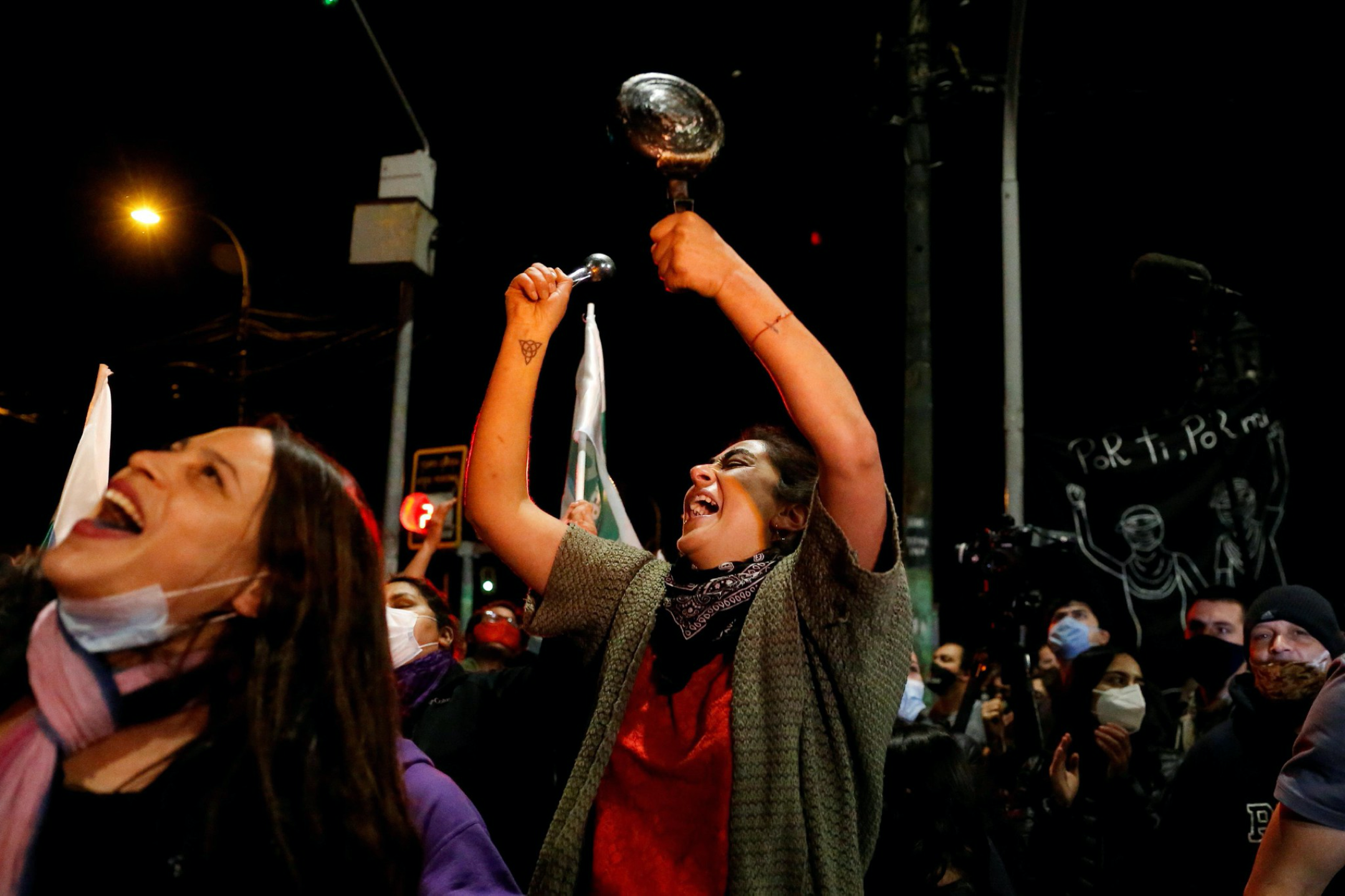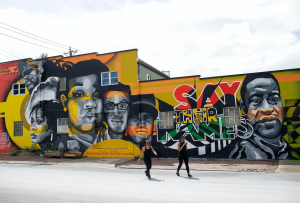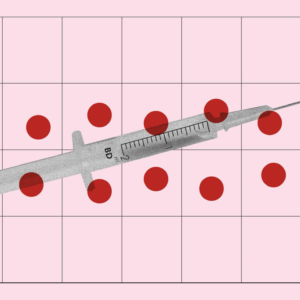SANTIAGO (Reuters) – Chileans will begin the process of penning a new constitution on Monday following a landslide vote that saw millions of citizens in the world´s top copper producer vote in favor of rewriting its rulebook.
More than 7.5 million of 14.97 eligible Chileans voted in a referendum on Sunday, the electoral authority said, the largest turnout since Chile adopted voluntary voting in 2012.
Of those, 78% opted in favor of constitutional overhaul with more than 99% of votes counted, a stinging rebuke of the constitution dating from the 1973-1990 dictatorship of Augusto Pinochet.
The vote was a central demand of mass protests over inequality in late 2019. Four fifths of voters said they wanted the new charter to be drafted by a specially-elected body of citizens – made up of half women and half men – over a mixed convention of lawmakers and citizens, highlighting general mistrust in Chile’s political class.
A 155-seat convention of citizens will be elected in April and have up to a year to agree a draft text, with proposals approved by a two-thirds majority. Chileans will then vote again on whether they accept the text or want to revert to the previous constitution.
People poured into the streets and plazas of cities throughout Chile in celebration. Scattered incidents of violence and looting in Santiago and elsewhere marred the festivities but did not dominate them.
“Chile gave a demonstration in civility,” Interior Minister Víctor Perez told reporters on Monday. “The vast majority of Chileans prefer the paths of democracy and institutionality.”
Maria Luz Navarrete, a 71-year old pensioner from Santiago, said she felt the vote was a last and necessary effort to turn the page on Pinochet.
“The referendum now becomes our challenge. We can´t let our guard down,” she said.
Among issues likely to be at the fore are recognition of Chile’s Mapuche indigenous population, powers of collective bargaining, water and land rights and privatized systems providing healthcare, education and pensions.
Sonami, an industry group representing Chile´s mining industry, said it hoped for “broad agreement” around principles that would allow mining companies regulatory certainty.
Reporting by Dave Sherwood, Natalia Ramos and Aislinn Laing; editing by Grant McCool
Our Standards: The Thomson Reuters Trust Principles




